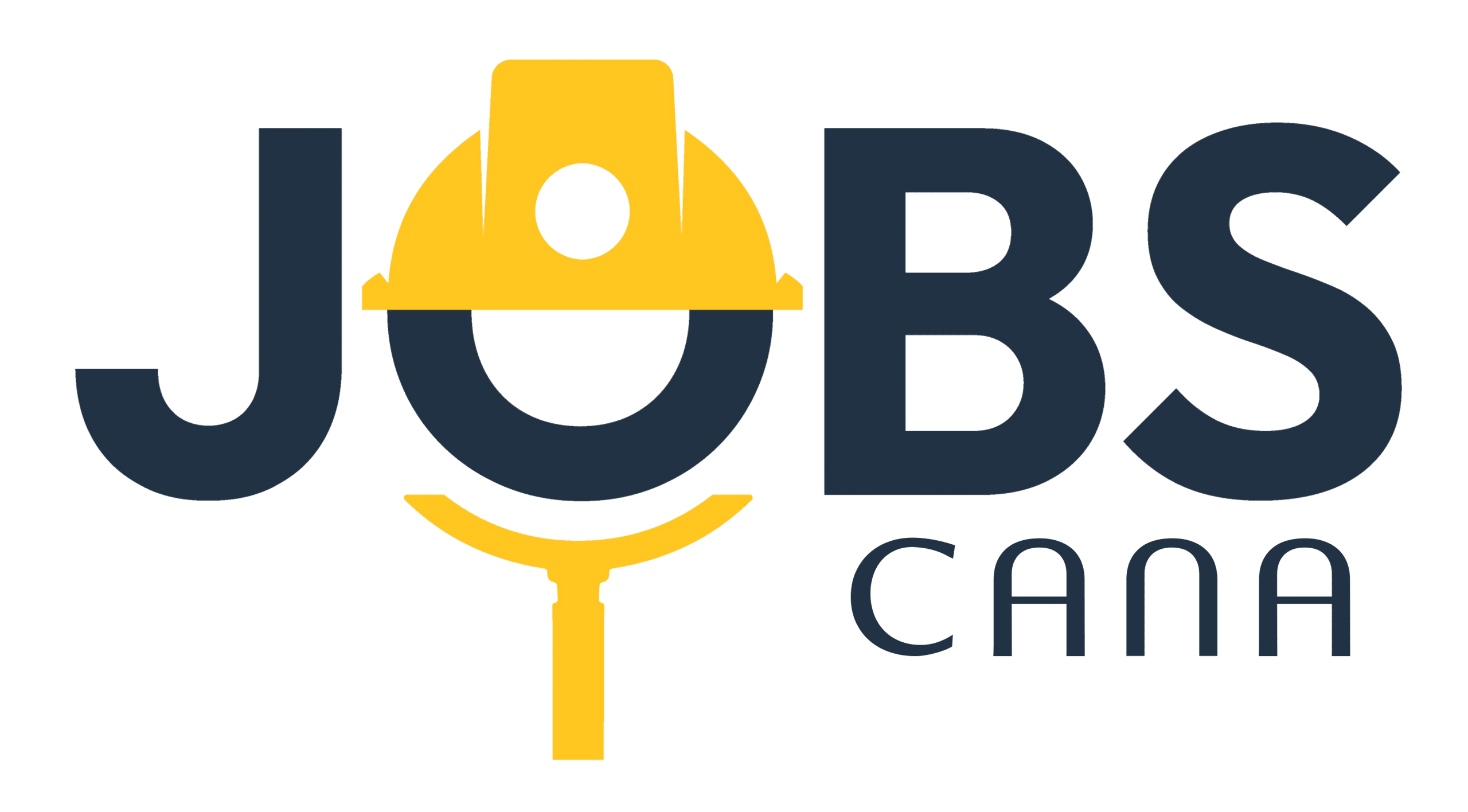Transitioning to a new career can be both exciting and daunting. It’s essential to effectively leverage your transferrable skills and continually learn new ones. This article uncovers crucial strategies for a successful career switch. Whether you are contemplating this shift or already in the process, these expert tips will guide you through it seamlessly.
Identify Your Transferable Skills
One of the first steps in a career transition is to identify your transferable skills. These are skills that you’ve acquired in your current or previous roles that can be applied to a new job or industry. Think about your experiences, tasks, and responsibilities you’ve handled.
Analyze Your Job History
Review your past job descriptions and consider what skills you’ve used regularly. This could include anything from problem-solving and project management to communication and leadership.
Soft Skills Matter
Don’t overlook soft skills such as teamwork, adaptability, and time management. These are often highly valued in many industries and can give you an edge in a new career.
Technical Skills and Certifications
If you have technical skills or certifications, list them out. These might include proficiency in software programs, understanding of workflows, or specific technical knowledge that can be transferred to your new field.
By understanding your transferable skills, you’ll be better prepared to highlight them on your resume and discuss them in interviews, making your career transition smoother and more effective.
Research Prospective Industries

When considering a career transition, it’s crucial to research prospective industries. Start by examining sectors that pique your interest and align with your skillset. Look into industry trends, job availability, and growth potential.
For a comprehensive understanding, explore industry reports, labor statistics, and publications from reliable sources. This information will help you identify the most promising fields and understand their requirements.
Engage with professionals currently working in those industries via online forums or social media platforms. Informational interviews can provide invaluable insights into day-to-day responsibilities, necessary qualifications, and potential career paths.
Additionally, consider the impact of technology and automation in these fields. Industries that leverage new technologies often offer more opportunities for growth and development. Understanding these trends can give you a competitive edge.
Lastly, evaluate the culture and values of companies within your chosen industries. Finding a good fit with an organization’s culture can greatly influence your job satisfaction and long-term success.
Networking: An Essential Tool
Networking plays a crucial role in career transitions. By connecting with professionals in your desired field, you can gain valuable insights and advice that will help shape your path. Interacting with others allows you to learn about industry trends, job openings, and the skills required to succeed.
Building relationships with industry professionals can provide you with mentorship opportunities, which can be incredibly beneficial. A mentor can offer guidance, share their experiences, and help you navigate challenges during your career shift.
Engage in Professional Organizations
Joining industry-specific associations or attending conferences can expand your network and expose you to new opportunities. These organizations often host events where you can meet key players and learn about the latest developments in the field.
Mingle during networking events, seize the opportunity to make a good impression, and ask questions to understand better the industry you want to join.
Leverage Social Media
Using platforms like LinkedIn can significantly enhance your networking efforts. Follow industry leaders, join professional groups, and participate in discussions related to your target career.
Posting relevant content, commenting on posts, and sharing your insights can help you become more visible and respected in your desired field.
Remember, effective networking isn’t just about taking; it’s also about giving. Offer your help and support to others, share your knowledge and experiences, and establish yourself as a valuable connection.
By strategically networking and building strong relationships, you can unlock new opportunities and receive the support needed to successfully transition into your desired career.
Mastering the Art of Resume Writing

Creating a compelling resume tailored to your new career direction is crucial. Start by highlighting your transferable skills that are relevant to the job you’re applying for. Use specific examples to demonstrate how your past experiences can be valuable in the new role.
Quantify your achievements whenever possible. For instance, instead of saying you “improved sales”, state you “increased sales by 20% in the first quarter”. This provides concrete evidence of your capabilities.
Customize your resume for each application. Tailor the language and focus points to align with the job description. This shows employers that you have put thought into why you’re a perfect fit for the role.
Use keywords from the job listing. Many companies use automated systems to filter resumes, so incorporating relevant terms can help ensure your resume passes these initial checks.
Don’t forget about the importance of layout and formatting. A clean, professional, and easy-to-read design can make a significant difference. Use bullet points, headers, and ample white space so the content is not overwhelming.
Continuous Learning and Skill Development
Continuous Learning and Skill Development play a crucial role in successful career transitions. In today’s fast-paced job market, new technologies and industry practices continuously emerge, requiring professionals to update their skills regularly. Engaging in continuous learning can help you stay relevant and competitive.
There are various ways to pursue skill development. One effective approach is online courses. Platforms like Coursera, Udemy, and LinkedIn Learning offer a wide array of courses in different fields. This flexibility allows you to learn at your own pace, fitting education into your schedule.
Another valuable method is seeking out certification programs. Certifications demonstrate your commitment to mastering new skills and can make you more attractive to potential employers. Additionally, joining professional organizations can provide access to resources, training, and networking opportunities.
Don’t overlook the value of mentorship. Connecting with experienced professionals in your desired field can offer guidance, advice, and support as you develop new skills. Regularly attending industry conferences and workshops can also keep you updated with the latest trends and innovations.
By committing to continuous learning and skill development, you empower yourself with the tools needed to thrive in a new career. These efforts will not only build your confidence but also open doors to new and exciting opportunities.


 Professional Growth: Unlock Secrets to Accelerate Your Career
Professional Growth: Unlock Secrets to Accelerate Your Career  Online Portfolio: Boost Your Career with a Stunning Showcase
Online Portfolio: Boost Your Career with a Stunning Showcase  Career Planning: Your Guide to a Successful Professional Path
Career Planning: Your Guide to a Successful Professional Path